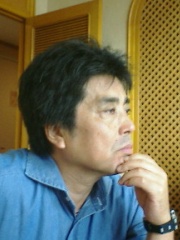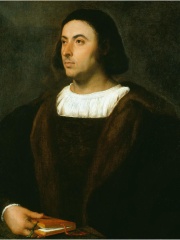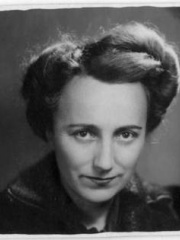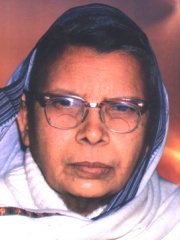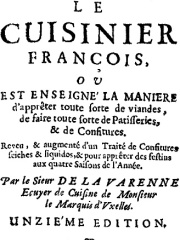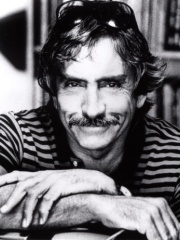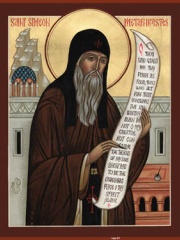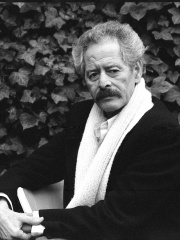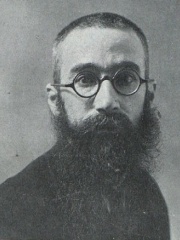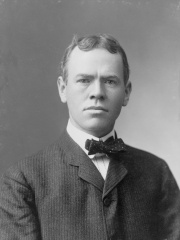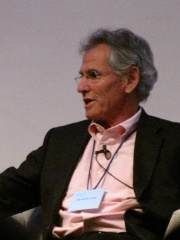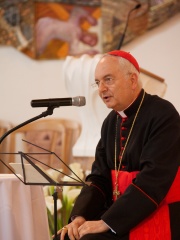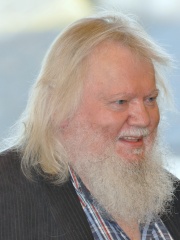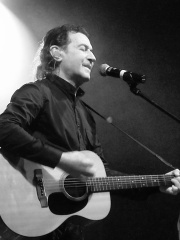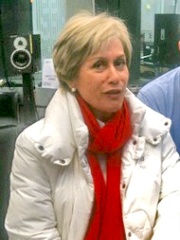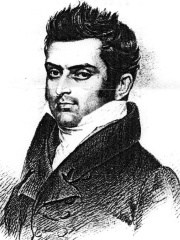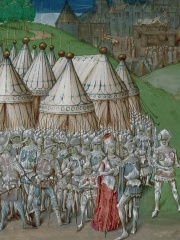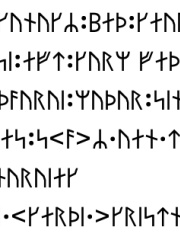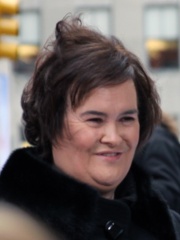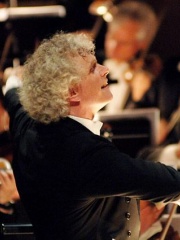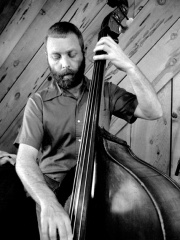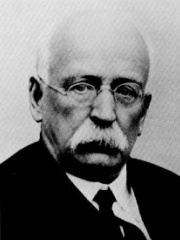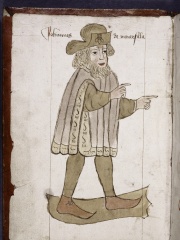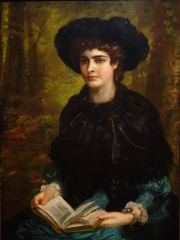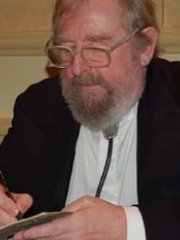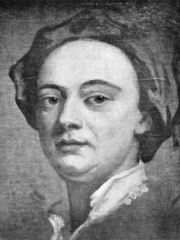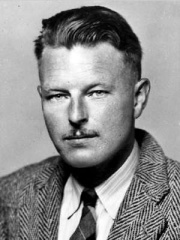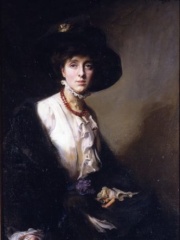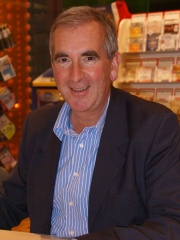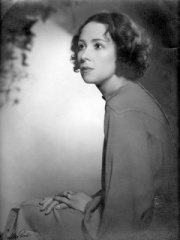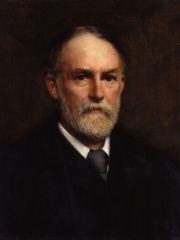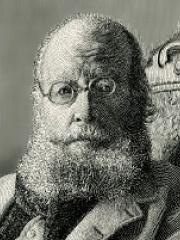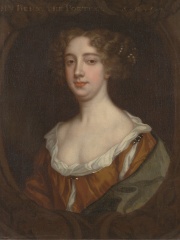Writer
Karen Armstrong
1944 - today
EN.WIKIPEDIA PAGE VIEWS (PV)
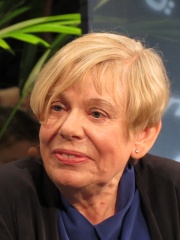
 Karen Armstrong
Karen Armstrong
Her biography is available in 41 different languages on Wikipedia (up from 36 in 2024). Karen Armstrong is the 1,691st most popular writer (up from 2,025th in 2024), the 1,521st most popular biography from United Kingdom (up from 1,543rd in 2019) and the 163rd most popular British Writer.
Memorability Metrics
Page views of Karen Armstrong by language
Among Writers
Among writers, Karen Armstrong ranks 1,691 out of 7,302. Before her are Ryū Murakami, Jacopo Sannazaro, Anne Desclos, Michael Cunningham, Mahadevi Varma, and François Pierre La Varenne. After her are Edward Albee, Symeon the Metaphrast, Mohamed Choukri, Sima Xiangru, Ramón del Valle-Inclán, and James Brendan Connolly.
Most Popular Writers in Wikipedia
Go to all RankingsRyū Murakami
1952 - Present
HPI: 64.41
Rank: 1,685
Jacopo Sannazaro
1458 - 1530
HPI: 64.41
Rank: 1,686
Anne Desclos
1907 - 1998
HPI: 64.40
Rank: 1,687
Michael Cunningham
1952 - Present
HPI: 64.40
Rank: 1,688
Mahadevi Varma
1907 - 1987
HPI: 64.40
Rank: 1,689
François Pierre La Varenne
1618 - 1678
HPI: 64.40
Rank: 1,690
Karen Armstrong
1944 - Present
HPI: 64.39
Rank: 1,691
Edward Albee
1928 - 2016
HPI: 64.39
Rank: 1,692
Symeon the Metaphrast
900 - 987
HPI: 64.39
Rank: 1,693
Mohamed Choukri
1935 - 2003
HPI: 64.39
Rank: 1,694
Sima Xiangru
179 BC - 117 BC
HPI: 64.39
Rank: 1,695
Ramón del Valle-Inclán
1866 - 1936
HPI: 64.39
Rank: 1,696
James Brendan Connolly
1868 - 1957
HPI: 64.38
Rank: 1,697
Contemporaries
Among people born in 1944, Karen Armstrong ranks 178. Before her are Herbert Wimmer, Jon Kabat-Zinn, Adriano Galliani, Robert C. Merton, Mauro Piacenza, and Leif Segerstam. After her are Pattie Boyd, Albert Hammond, Kiri Te Kanawa, Chung Hong-won, Yoshio Kikugawa, and Ayad Allawi.
Others Born in 1944
Go to all RankingsHerbert Wimmer
SOCCER PLAYER
1944 - Present
HPI: 64.56
Rank: 172
Jon Kabat-Zinn
PSYCHOLOGIST
1944 - Present
HPI: 64.49
Rank: 173
Adriano Galliani
BUSINESSPERSON
1944 - Present
HPI: 64.48
Rank: 174
Robert C. Merton
ECONOMIST
1944 - Present
HPI: 64.46
Rank: 175
Mauro Piacenza
RELIGIOUS FIGURE
1944 - Present
HPI: 64.41
Rank: 176
Leif Segerstam
CONDUCTOR
1944 - 2024
HPI: 64.40
Rank: 177
Karen Armstrong
WRITER
1944 - Present
HPI: 64.39
Rank: 178
Pattie Boyd
MODEL
1944 - Present
HPI: 64.37
Rank: 179
Albert Hammond
SINGER
1944 - Present
HPI: 64.33
Rank: 180
Kiri Te Kanawa
SINGER
1944 - Present
HPI: 64.32
Rank: 181
Chung Hong-won
POLITICIAN
1944 - Present
HPI: 64.27
Rank: 182
Yoshio Kikugawa
SOCCER PLAYER
1944 - 2022
HPI: 64.23
Rank: 183
Ayad Allawi
POLITICIAN
1944 - Present
HPI: 64.22
Rank: 184
In United Kingdom
Among people born in United Kingdom, Karen Armstrong ranks 1,521 out of NaN. Before her are Peter Green (1946), Clarke Abel (1780), Roger Mortimer, 1st Earl of March (1287), Harthacnut I of Denmark (880), Andy Summers (1942), and Susan Boyle (1961). After her are John Higgins (1975), Phil Neville (1977), Simon Rattle (1955), Dave Holland (1946), Pattie Boyd (1944), and Ebenezer Howard (1850).
Others born in United Kingdom
Go to all RankingsPeter Green
SINGER
1946 - 2020
HPI: 64.43
Rank: 1,515
Clarke Abel
PHYSICIAN
1780 - 1826
HPI: 64.42
Rank: 1,516
Roger Mortimer, 1st Earl of March
POLITICIAN
1287 - 1330
HPI: 64.41
Rank: 1,517
Harthacnut I of Denmark
POLITICIAN
880 - 1000
HPI: 64.40
Rank: 1,518
Andy Summers
MUSICIAN
1942 - Present
HPI: 64.40
Rank: 1,519
Susan Boyle
SINGER
1961 - Present
HPI: 64.40
Rank: 1,520
Karen Armstrong
WRITER
1944 - Present
HPI: 64.39
Rank: 1,521
John Higgins
SNOOKER
1975 - Present
HPI: 64.39
Rank: 1,522
Phil Neville
SOCCER PLAYER
1977 - Present
HPI: 64.39
Rank: 1,523
Simon Rattle
CONDUCTOR
1955 - Present
HPI: 64.38
Rank: 1,524
Dave Holland
MUSICIAN
1946 - Present
HPI: 64.38
Rank: 1,525
Pattie Boyd
MODEL
1944 - Present
HPI: 64.37
Rank: 1,526
Ebenezer Howard
ARCHITECT
1850 - 1928
HPI: 64.36
Rank: 1,527
Among Writers In United Kingdom
Among writers born in United Kingdom, Karen Armstrong ranks 163. Before her are John Mandeville (1300), Constance Lloyd (1858), Michael Moorcock (1939), John Gay (1685), Malcolm Lowry (1909), and Vita Sackville-West (1892). After her are Robert Harris (1957), Eleanor Hibbert (1906), Frederic W. H. Myers (1843), Edward Lear (1812), Edwin Abbott Abbott (1838), and Aphra Behn (1640).
John Mandeville
1300 - 1372
HPI: 64.76
Rank: 157
Constance Lloyd
1858 - 1898
HPI: 64.73
Rank: 158
Michael Moorcock
1939 - Present
HPI: 64.65
Rank: 159
John Gay
1685 - 1732
HPI: 64.61
Rank: 160
Malcolm Lowry
1909 - 1957
HPI: 64.57
Rank: 161
Vita Sackville-West
1892 - 1962
HPI: 64.43
Rank: 162
Karen Armstrong
1944 - Present
HPI: 64.39
Rank: 163
Robert Harris
1957 - Present
HPI: 64.33
Rank: 164
Eleanor Hibbert
1906 - 1993
HPI: 64.33
Rank: 165
Frederic W. H. Myers
1843 - 1901
HPI: 64.31
Rank: 166
Edward Lear
1812 - 1888
HPI: 64.25
Rank: 167
Edwin Abbott Abbott
1838 - 1926
HPI: 64.24
Rank: 168
Aphra Behn
1640 - 1689
HPI: 64.11
Rank: 169
